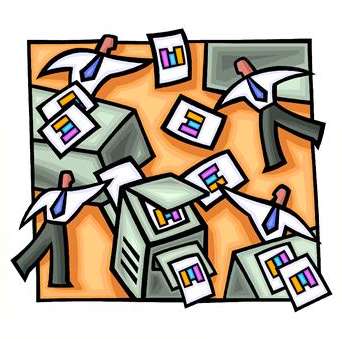Proximity Searches Can Be the Right Balance of Recall and Precision – eDiscovery Best Practices
Proximity Searches Can Be the Right Balance of Recall and Precision – eDiscovery Best Practices https://cloudnine.com/wp-content/themes/cloudnine/images/empty/thumbnail.jpg 150 150 CloudNine https://cloudnine.com/wp-content/themes/cloudnine/images/empty/thumbnail.jpg
When performing keyword searching, the challenge to performing those searches effectively is to balance recall (retrieving responsive documents with hits) and precision (not retrieving too many non-responsive documents with hits). A search that has 100% precision will contain only responsive documents; however, that does not mean that all of the responsive documents have been retrieved. A search that has 100% recall will contain all of the responsive documents in the collection; however, it may also contain a large number of non-responsive documents, which can be drive up review costs. So, how to perform searches that effectively balance recall and precision?
read more





